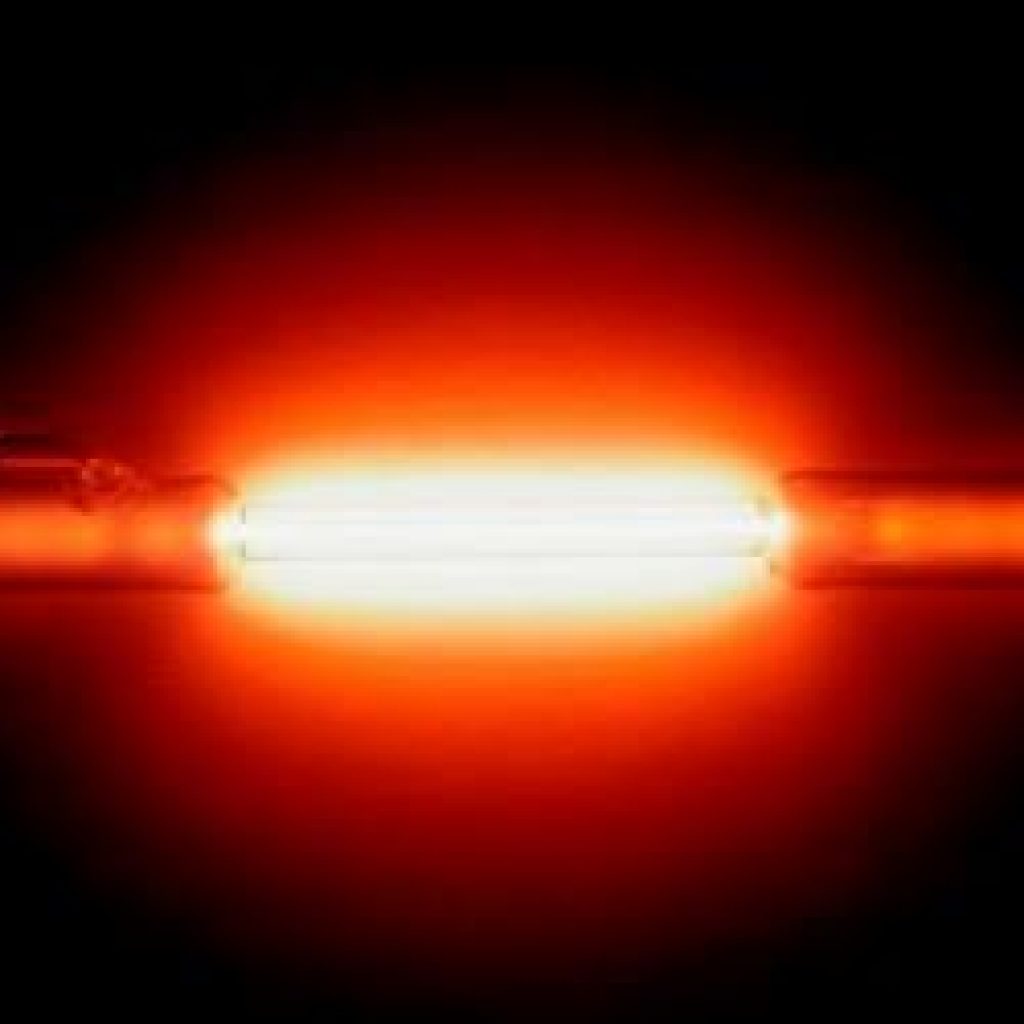(TechRepublic) Shortages of liquid helium are beginning to cause anxiety for researchers, as the third major supply constraint since 2006 is affecting everyone from medical laboratories to party supply stores due to higher prices and rationing from vendors. Despite helium being the second most abundant element in the universe, there are only 14 liquid helium production facilities in the world.
Quantum computers require near-absolute-zero cooling to reduce interference from noise on individual qubits in the system, which can adversely impact performance. Getting to that temperature requires a special kind of lightweight helium, Helium-3 that doesn’t exist in natural helium deposits, and it has to be made using a nuclear reactor. In the US, there is only one supplier—the government—because the manufacturing and use are tightly controlled.
The effects of the larger helium shortage are unlikely to affect the quantum industry, as Helium-3 represents only a “one-time cost at the time the system is manufactured, reflecting a very small part of the overall system cost,” according to Alan Baratz, executive vice president of R&D and chief product officer at quantum computer manufacturer D-Wave Systems.
Helium Shortages and Quantum Computing
